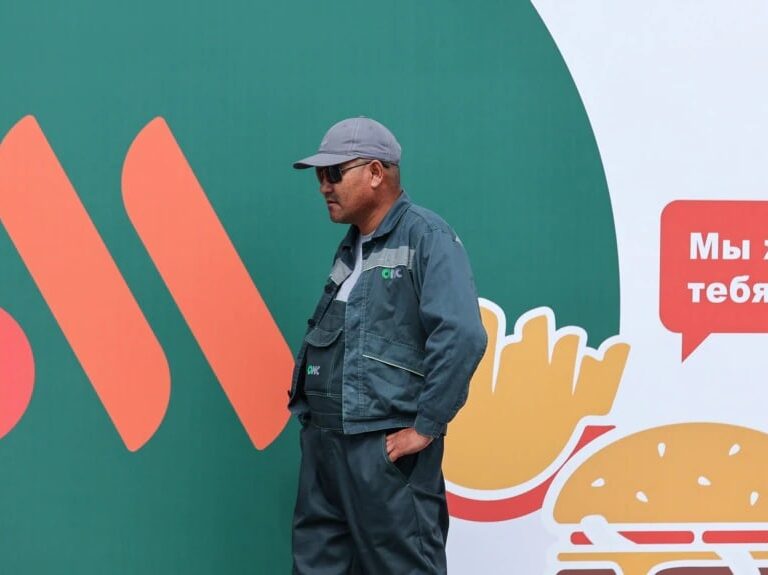On February 22, “Time” published an author’s column “What a Victory for Ukraine Should Look Like” by American researcher Peter Anatol Lieven, in which a lot of attention was paid to the de-occupation of Crimea.
In fact, the author set out not only to summarize the statements of American officials on the de-occupation, but also to give a kind of “answer” to the January publication in the same “Time” of the Permanent Representative of the President of Ukraine to the AR of Crimea Tamila Tasheva “The Liberation of Crimea Is a Must”.
Lieven acknowledges that the Ukrainian government and individuals in the United States “have also put forward the argument that the complete defeat of Russia and loss of Crimea [by the aggressor] are necessary if Russia is to be prevented from regrouping and threatening Ukraine again «six months or six years from now», as Nuland said”.
Lieven also links plans to de-occupy Crimea “related to the hope expressed in various Western circles that as a result of complete defeat in Ukraine, not only would the Putin regime be toppled, but the Russian Federation itself would be radically and permanently weakened or even disintegrate”
As Lieven admits, “Nor is this an altogether empty vision. As the examples of Iraq and Libya demonstrate, in multi-ethnic authoritarian states with weak civil institutions, regime and state can be so deeply intertwined that the destruction of one leads to the collapse of the other”.
However, the “messages” of Lieven’s publication are quite manipulative, and they come down to Russia’s supposedly “existential responses” to de-occupation, if the Russian Federation is capable of them, and, in a different scenario, to alleged risks arising from the collapse of a nuclear Russian Federation.
Of course, in such a strange author’s attitude, one can look for his “personal interest”, since Lieven not only spent several years as a correspondent for “The Times” in Moscow, but he is also a descendant of Russian white émigrés, which he repeatedly emphasized in his studies.
However, formal logic suffices for Lieven’s objections, partly reminiscent of the famous “Chicken Kiev speech”, the unsuccessful speech of George W. Bush, who warned Ukrainians against the collapse of the USSR four months before these events.
Obviously, not the de-occupation of Crimea itself, but also the existence of Ukraine as an independent and democratic country is criminally perceived by the current Kremlin as an “existential threat”. And therefore, the Ukrainian flag in Odessa, Kherson, Henichesk or Kerch will obviously equally provoke the same criminal aggression of the Russian authoritarian regime until this regime collapses. And therefore, the victory over the Kremlin must be complete and unconditional, and in this format, the de-occupation of Crimea is only one of its many necessary elements.
Regarding the collapse of the Russian Federation itself, as well as the collapse of the USSR in 1991, researchers like Lieven can talk a lot about the “related risks”, but that neither they, nor the US government, nor the entire coalition of democratic countries are able to prevent or stop such a collapse if it starts.
The current war is really becoming “imperialist” because the remaining multinational authoritarian empires in the world, remnants of the Middle Ages and unfinished social modernization, have gathered on the side of the aggressor. Their collapse is historically predetermined, and in this case we can only talk about minimizing the corresponding risks for others. However, the relevant research will be carried out by completely different experts than the great-grandson of Russian imperial generals.
Professor Borys Babin







